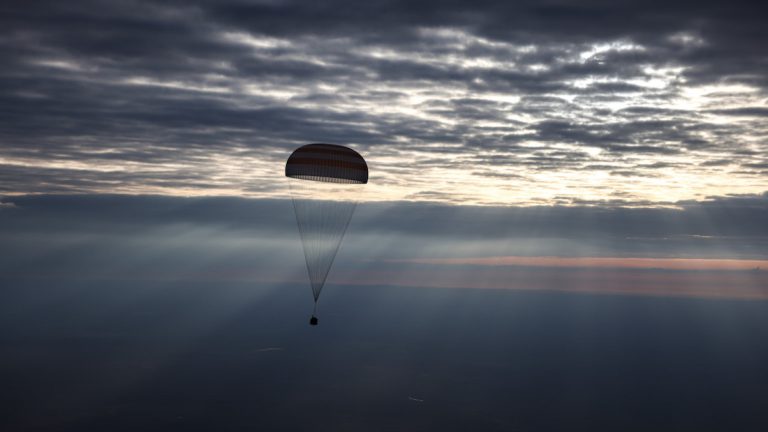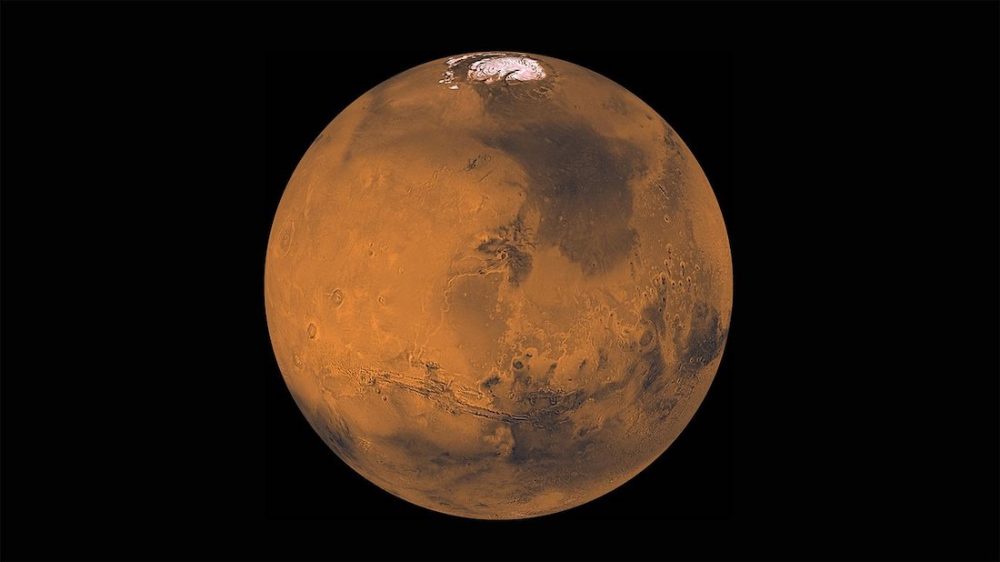
The landing, which occurred on schedule, was greeted with relief and celebration by space agencies and international observers alike.
New York, N.Y. — A Soyuz spacecraft carrying a joint U.S.-Russian crew touched down safely on Earth, marking the end of another successful mission to the International Space Station (ISS).
This mission underscores the historic partnership between the United States and Russia in space exploration, a collaboration that has persisted despite increasing geopolitical tensions.
The crew, consisting of one American astronaut and two Russian cosmonauts, spent six months aboard the ISS, conducting a variety of scientific experiments and maintenance tasks. Their work spanned multiple disciplines, including biology, physics, and materials science, contributing valuable data to ongoing research efforts aimed at improving life on Earth and preparing for future space missions.
“This mission exemplifies what can be achieved when nations work together towards a common goal,” said a NASA spokesperson in a press conference following the landing. “The collaboration between the U.S. and Russia on the ISS has been instrumental in advancing our understanding of space and its potential benefits for humanity.”

The Russian space agency, Roscosmos, echoed these sentiments, emphasizing the importance of international cooperation in overcoming the challenges of space exploration. “The successful return of this crew is a testament to the dedication and professionalism of all those involved, both in Russia and the United States,” stated a Roscosmos official. “We remain committed to working with our international partners to explore the cosmos and push the boundaries of human knowledge.”
Throughout their mission, the crew faced numerous challenges, including equipment malfunctions and unexpected delays. However, their ability to work together effectively, drawing on their diverse expertise and training, allowed them to overcome these obstacles and complete their objectives.

One of the key highlights of the mission was a series of experiments focused on developing new technologies for sustainable life support systems in space.
These experiments could have significant implications for future long-duration missions to the Moon and Mars, as well as for improving resource management on Earth.
In addition to their scientific work, the crew also played a vital role in maintaining the ISS, ensuring its continued operation as a unique platform for research and exploration.
They performed routine maintenance tasks, repaired damaged equipment, and installed new hardware, all while living and working in the challenging environment of space.
The safe return of the joint U.S.-Russian crew marks another milestone in the history of space exploration.
It serves as a reminder of the power of international cooperation to achieve ambitious goals and overcome seemingly insurmountable challenges.
As the world faces increasingly complex global issues, the
example set by the U.S. and Russia in space may offer a valuable
lesson in the importance of collaboration and shared purpose.
Looking ahead, both NASA and Roscosmos have reaffirmed their commitment to the ISS program, with plans for future joint missions and continued collaboration on research and development projects. Despite political differences and economic pressures, the two nations recognize the mutual benefits of working together in space, and the importance of maintaining a peaceful and productive environment for scientific discovery.
The next crew is already preparing for their launch to the ISS, scheduled for later this year.
This mission will continue the work of the previous crew, building on their achievements and pushing the boundaries of space exploration even further. As humanity looks to the future, the ISS remains a beacon of hope and a testament to the power of international cooperation in achieving the impossible.